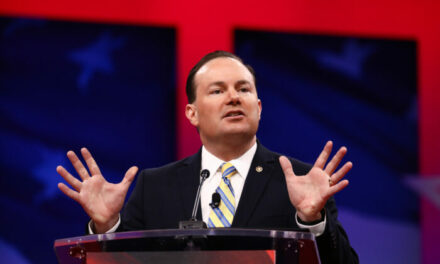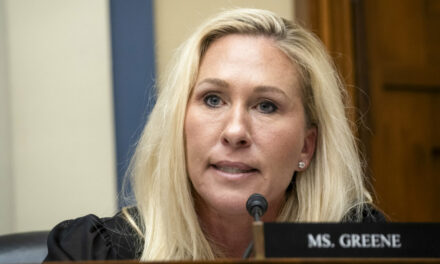We support our Publishers and Content Creators. You can view this story on their website by CLICKING HERE.
Sarah Palin’s defamation case against The New York Times heads for an April 2025 retrial as both sides explore settlement options.
A federal judge has set an April 2025 retrial in former Alaska Gov. Sarah Palin’s defamation lawsuit against The New York Times, while attorneys for both parties said they’re considering the possibility of a settlement instead of another trial.
Kenneth Turkel, a lawyer for Palin, said during the Nov. 12 call that both parties determined that they “wanted to give it a shot,” referring to a negotiated settlement.
David Axelrod, a lawyer for the NY Times, said that a “non-trial disposition” of the case was a possibility, a resolution that would avert the need for another trial.
Rakoff suggested that a magistrate judge or mediator could get involved and the matter could potentially be “settled in a matter of days.”
The legal battle began after the NY Times published an editorial in 2017 titled “America’s Lethal Politics,” claiming that there was a “clear” and “direct” connection between a map circulated by Palin’s political action committee and a 2011 incident in which former Rep. Gabrielle Giffords (D-Ariz.) was shot in the head during a constituent event in Tucson and gravely wounded. The map displayed crosshairs over 20 congressional districts, including Giffords’s, which the editorial implied was a form of political incitement.
Palin sued the NY Times for defamation, alleging that the editorial falsely suggested she was directly responsible for the Tucson shooting. A district court dismissed the case in 2017, but the Second Circuit Court of Appeals reinstated it in 2019, leading to a jury trial in 2022. Although the jury found the NY Times not liable, the district judge had preemptively dismissed the case under Federal Rule of Civil Procedure 50, effectively overriding the jury’s role. This, along with other alleged trial errors, prompted the Second Circuit to order a retrial.
The appellate court cited several issues that compromised the original trial, including the exclusion of evidence that could have shown potential bias or prior knowledge of inaccuracies by James Bennet, the editorial’s author. It also flagged improper jury instructions on the “actual malice” standard and raised concerns that jurors had learned of the district judge’s preemptive dismissal during deliberations, which may have influenced their decision.
Ultimately, both sides agreed to the April 2025 trial date, with the judge remaining open to a resolution through settlement discussions.
Chase Smith contributed to this report.

 Conservative
Conservative  Search
Search Trending
Trending Current News
Current News 







